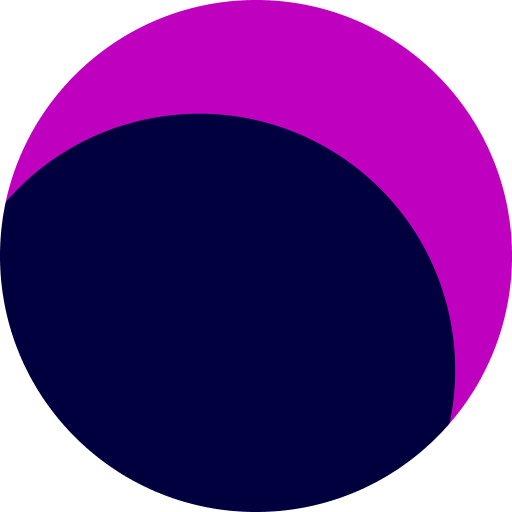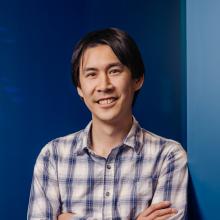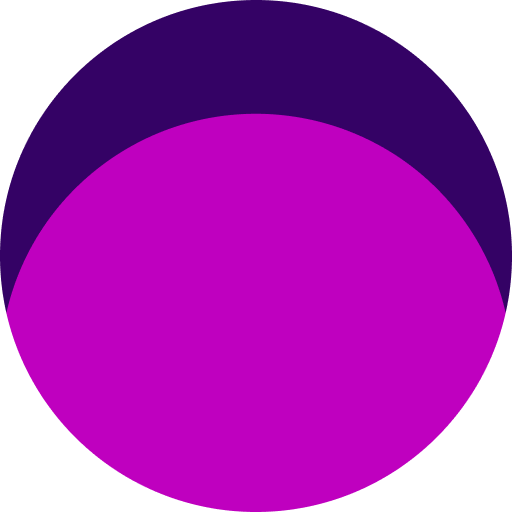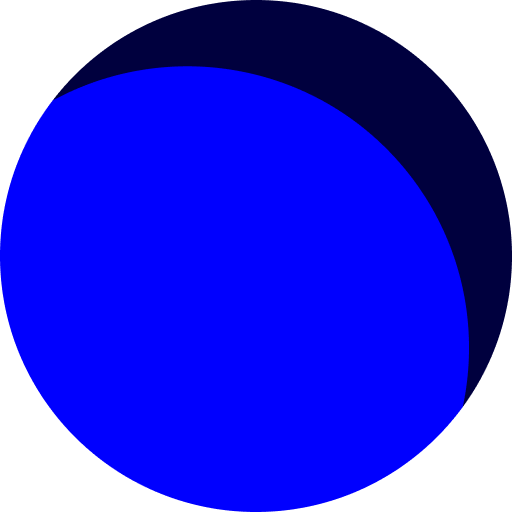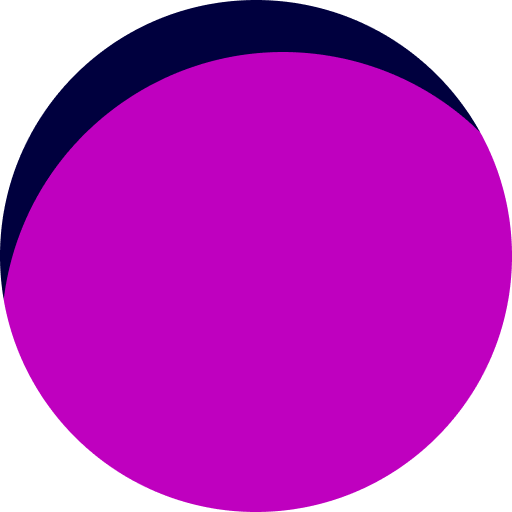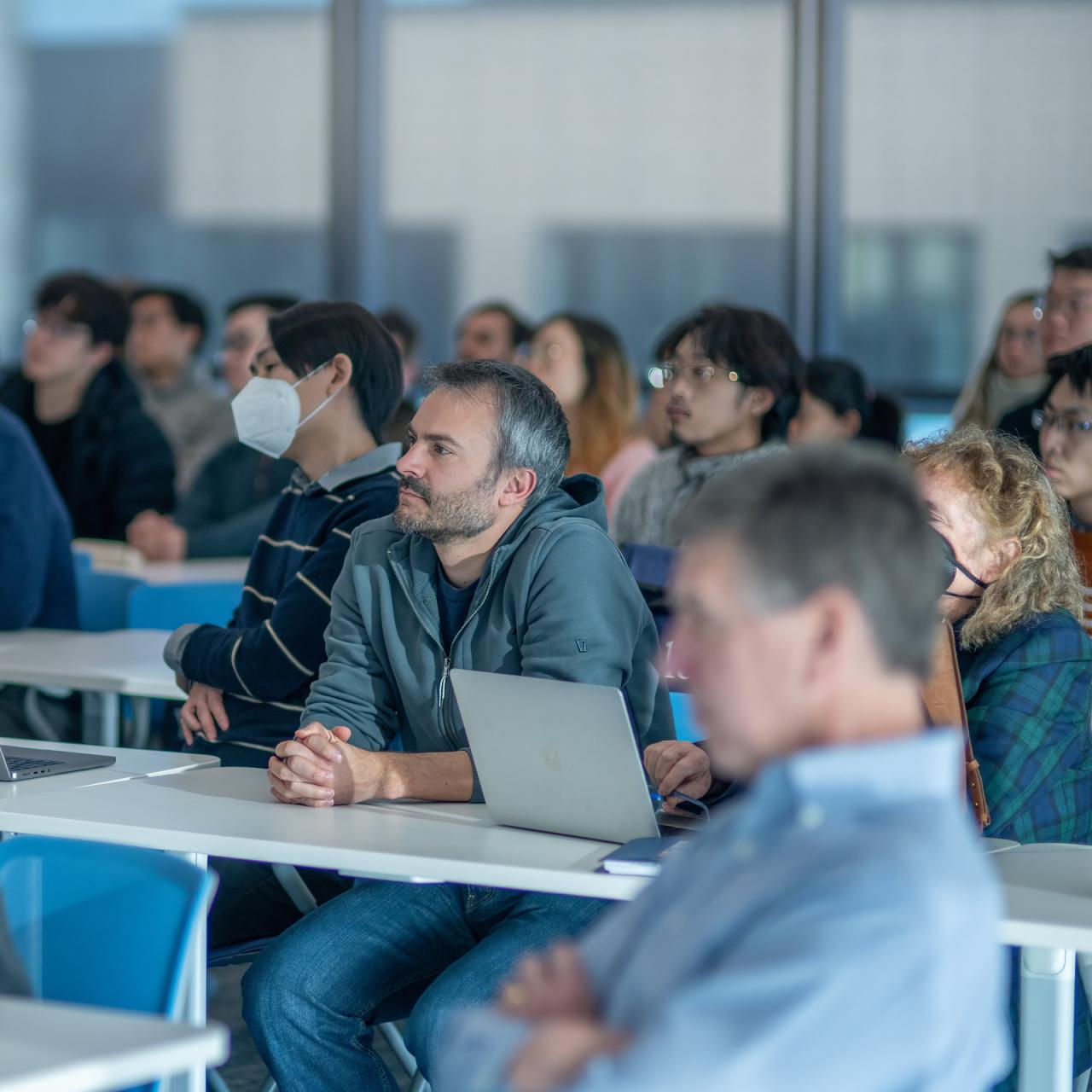
-
Structure
-
Challenge 1
-
Challenge 2
-
Challenge 3
-
Principles
Challenge Structure
Each Challenge area targets a key question on the critical path to understanding human cognition. This area can only be addressed through interdisciplinary exchange, pairing bold research goals with the development of novel approaches.
These interdisciplinary teams pursue ambitious, high-risk "moonshot" projects for 3-5 years.
Projects are built on a foundation of open science, including data sharing, open-source code, and public dissemination. Through these practices, advances in understanding cognition bring us closer to scalable solutions in technology, education, health, and society.
Ideas for Challenge areas are proposed by the Institute’s Executive Committee in coordination with its Faculty Members, Steering Committee, and External Advisory Board. These areas are then refined by the Institute community through events and activities with faculty, trainees, and outside experts, including at the WTI annual conference. Each Challenge is led by one or more of the Institute’s faculty directors in collaboration with Wu Tsai Faculty Members.
Starting in 2024, new challenges launch annually in two phases: one year of ideation and group formation (Phase I) followed by 2-3 years of research execution (Phase II).
The first phase of each Challenge is dedicated to exploration and team building. Over an academic year, interested researchers convene for intellectual and social exchanges. Outside experts, including partners from industry and philanthropy, may serve as collaborators, advisors, and co-developers.
These gatherings—which may include primers, workshops, and brainstorming sessions—are designed to foster serendipitous interactions and cross-disciplinary knowledge sharing. As the year progresses, broad ideas sharpen into novel approaches, allowing interdisciplinary teams to form and propose ambitious, actionable research plans.
At the end of Phase I, projects are prioritized based on mission alignment and resource needs. Projects are sized for rapid impact and may include: direct funding; in-kind access to Institute spaces and equipment, including shared research facilities; investments in infrastructure, software, and tool development; support for undergraduates, graduate students, and postdocs; and project management, research software engineers, and other staff support.
Teams execute their project(s) in Phase II. Lead faculty members from diverse departments guide interdisciplinary research groups. The broader team meets regularly to stay coordinated and ensure rapid progress. These meetings are vital for navigating the unique dynamics of large-scale, interdisciplinary collaboration.
Although projects are expected to yield traditional deliverables (publications, new technologies, spin-offs, etc.) and attract sustained, long-term funding from other sources, the primary measures of success are deeper scientific understanding, new collaborations, and impactful discoveries.
Challenge 1: Foundation Models of the Brain (2024– )
Originating in the Center for Neurocomputation and Machine Intelligence and led by WTI Associate Director John Lafferty, the first Challenge, Foundation Models of the Brain, aims to train a foundation model using all available neural and behavioral data.
Challenge 1 is designing and building computational models to capture information across: neural and behavioral modalities, spatial and temporal scales, and humans with other species. This promises to give scientists access to a vastly larger body of implicit and explicit knowledge than has traditionally been possible. The resulting model can be fine-tuned to understand cognitive principles, interpret and translate data, and generate testable hypotheses.
The three integrated teams working on Foundation Models of the Brain are detailed below.
Announcements and events related to this challenge are released on an ongoing basis. To learn more about Challenge 1 and how to get involved, contact John Lafferty.



The Modeling Team, led by Smita Krishnaswamy (Computer Science/Genetics), Shreya Saxena (Biomedical Engineering), and David van Dijk (Internal Medicine), is pursuing two directions: adapting existing large language models for multi-modal behavioral and neural data, and building entirely new architectures optimized for our objectives.
The Informatics Team, led by Robert McDougal (Public Health), Xenios Papademitris, and Hua Xu (both in Biomedical Informatics and Data Science), is creating a software platform to share and retrieve AI-ready neuroscience data for model building.
The Data Team, led by Steve Chang (Psychology), Aaron Kuan (Neuroscience), and Eve Lake (Radiology and Biomedical Imaging), is cataloging and sourcing neuroscience datasets at Yale and in public repositories for use as cornerstone training data.
Challenge 2: Cognition in the Wild (2025– )
Originating in the Center for Neurocognition and Behavior and led by WTI Associate Director Kia Nobre, the second Challenge, Cognition in the Wild, seeks to foster an integrative understanding of cognition by exploring how body functions, physical environments, and social contexts shape brain activity and behavior.
Initially explored during the 2025 WTI Conference: Embodied and Embedded Brains, Challenge 2 seeks to upgrade the science of cognition by harnessing advances in immersive and wearable technologies and leaning on new methods for analyzing big datasets.
The Challenge is currently in Phase I of development during the 2025-26 academic year. Critical questions being discussed include: What are the most important questions to ask? What fundamental knowledge about the mind is missing from our lab-based findings and theories? Which notions need revision? What new insights await?
To learn more about Challenge 2 and how to get involved, contact Kia Nobre.


Challenge 3
Challenge 3 will launch in Fall 2026 from the Center for Neurodevelopment and Plasticity, led by WTI Associate Director Daniel Colón-Ramos. This Challenge area is currently under development with an initial, exploratory focus on energetics in the brain.
To learn more about Challenge 3 and how to get involved, contact Daniel Colón-Ramos.
Founding Principles
Although diverse in topics and disciplines, each Challenge is motivated by the same foundational principles:
- Intentional: Advance the Institute’s mission with purpose by pursuing collective scientific priorities
- Radical: Embrace ambitious and risky ideas that could or would not otherwise be supported
- Team-based: Create models for team science in academia infused with external partnerships


